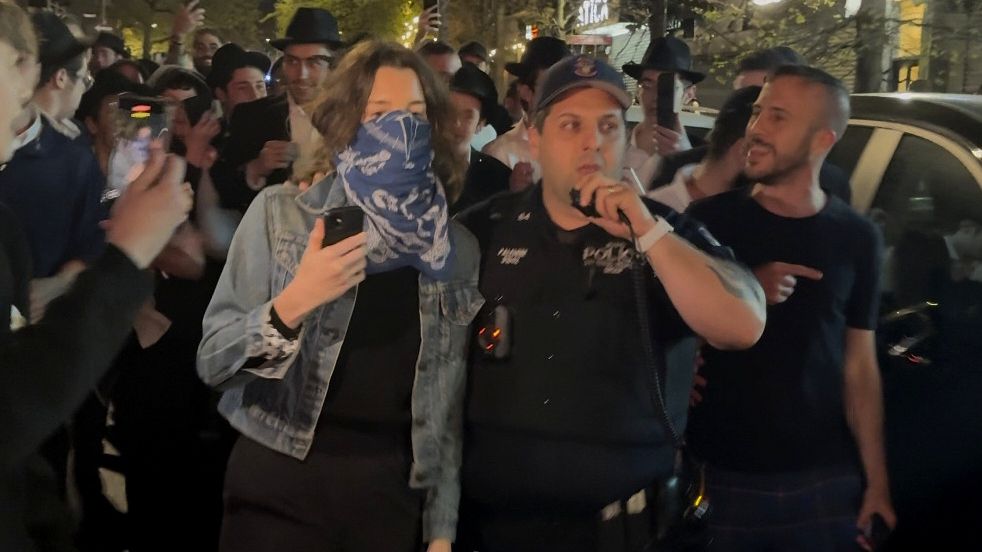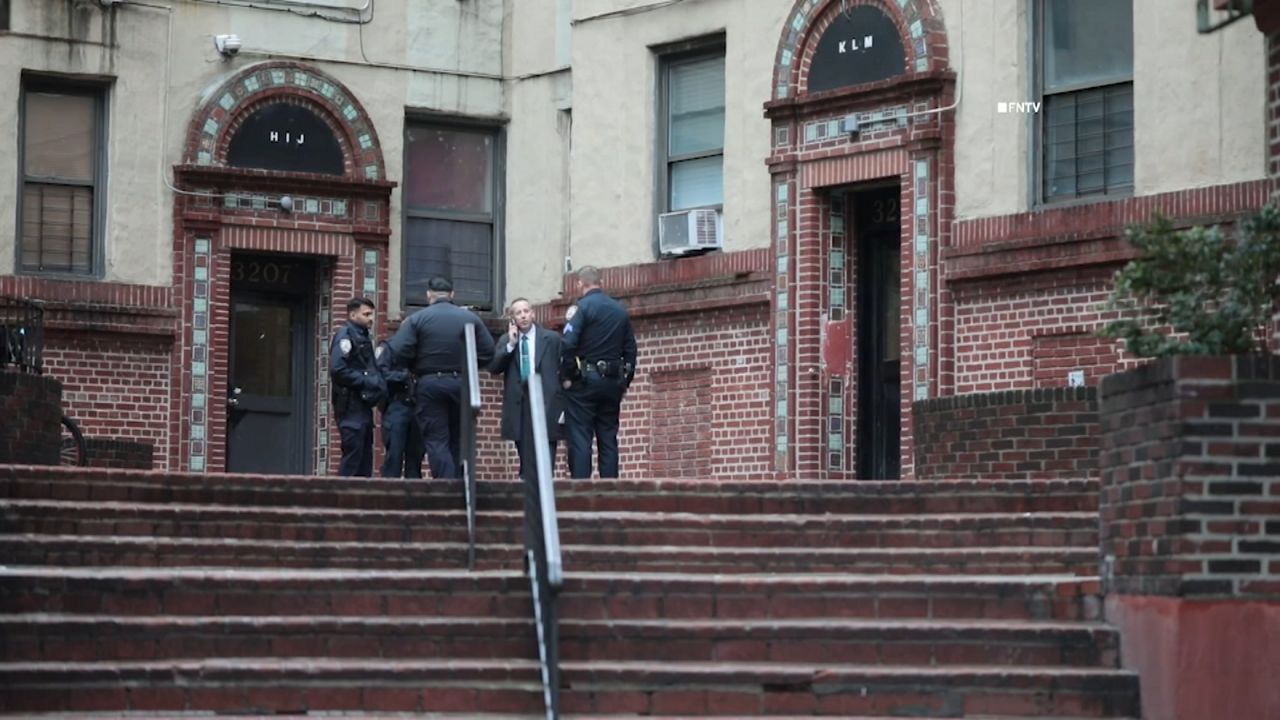The Brooklyn District Attorney’s office Thursday detailed the exonerations of 25 New Yorkers who had wrongfully spent a combined 426 years in prison, finding issues with police and prosecutor conduct factored into the majority of exonerations.
Conducted by the DA’s Conviction Review Unit along with the Innocence Project and law firm Wilmer Cutler Pickering Hale and Dorr, the report examines 20 cases over the past 60 years that led to the release of the 25 exonerees. To conduct its research, the Brooklyn district attorney’s office provided them with unfettered access to their records. The report’s purpose is to provide transparency about the criminal justice system, and ultimately prevent more wrongful incarcerations in the future.
All exonerees but one were Black and Latino. Though the report acknowledges racial bias as a factor in the wrongful convictions, a statement from the DA’s office says the report does not address the issue because “it is focused on factual findings in each particular case and not on structural or underlying reasons for injustice.”
Of the 20 cases — wrongful convictions that were overturned between 2014 and 2019 — 85% and 65% involved issues with prosecutor and police conduct, respectively. False or unreliable confessions, eyewitness misidentifications, and significant issues with witness credibility were also found to be factors in the wrongful conviction.
Most of the cases involved homicide, while others included sexual assault, burglary, and election fraud. Of the 25 exonerees, 24 were male, and three were under 18 when they were convicted. Twelve served 20 years or more before their exonerations, while three of those convicted died in prison and were exonerated posthumously.
Brooklyn DA Eric Gonzalez emphasized the tragic effects of wrongful convictions. He called the report a “critical work” and stated the need to create trust between citizens and the criminal justice system.
“For us to build community trust, especially now, when so many people in this country are expressing anger and despair with the system, we must reckon with and be transparent about the mistakes of the past,” Gonzalez said in a statement. “We must also learn from these errors so that we can avoid them in the future.”
The report’s release comes as protesters in New York and the rest of the country question the role of police and pressure the government to crack down on police brutality and misconduct.
Gonzalez said while some of the names in the data were changed to protect the privacy of those involved, the results still highlighted glaring issues that can and should be changed.
“All of these mistakes that lead to innocent people going to jail were truly preventable,” he said.
The district attorney says the findings of the report will be distributed within his office and to their law enforcement partners, including the NYPD. As the report is available to public, Gonzalez also hopes that his prosecutorial counterparts nationwide will have a look at the findings and commit to conducting the same kind of review of their own cases.








